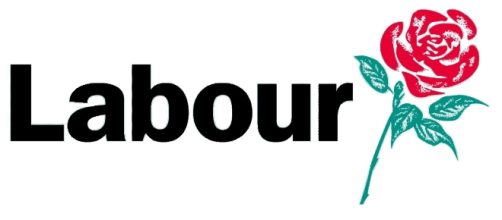The 1980s were undoubtedly a dark time for Labour. The year 1983 saw their leader, Michael Foot, issue a manifesto dubbed the longest suicide note in history. It was a year that changed British politics forever, as voters overwhelmingly rejected Foot's radicalism and embraced Thatcher's vision for the nation. Her reforms have remained intact, if not enhanced, since.
The talk over the last two months has not been about a Corbyn victory, but how big the Conservatives' final majority will be. Mr. Foot was a principled man who fell by the sword after his humiliating defeat in 1983.
Do you think Mr. Corbyn has enough backbone to resign and pass the torch onto someone else if he loses more seats than Miliband did in 2015? It's unlikely. If that was the case, he would have resigned last year. Instead, he got re-elected with a bigger mandate than the one he received during his first leadership election. Even if he did have the dignity to resign, Labour's membership is so heavily left-wing that they would only replace him with the dreaded John McDonnell. Either way, the party's prospects look grim.
'What choice do Blairites have?'
Many have argued Labour will not split in the same way it did during the 1980s because the memories are still all too real for many of their MPs. They also suggest it will not happen due to the entrenched two-party system Britain uses to elect its representatives.
But what choice do the Blairites in the party have? Five years of misery on the backbenches? It was the formation of the SDP in 1981 that galvanised Neil Kinnock to begin their arduous journey back to power. The Tories look set to remain in power until the 2030s at the latest. If the actions of another 'Gang of Four' can inspire the centre-left party to sort themselves out, they need to do so now before someone else offers them a better job, like directing a history museum, perhaps?

